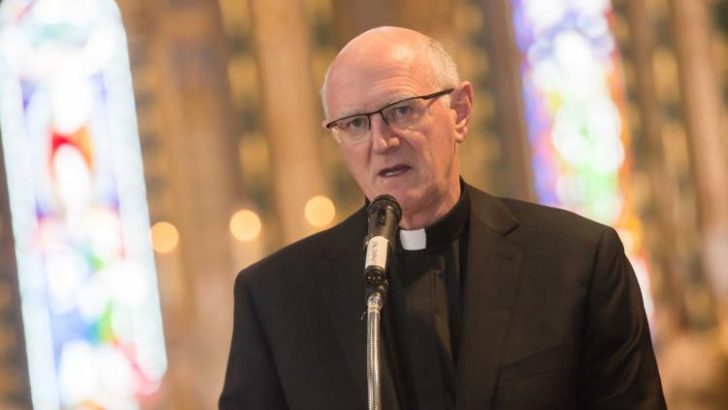Apart, of course, from the divine guarantee non praevalebunt (‘The gates of Hell shall not prevail’), part of the genius of the Catholic Church in facing the challenges of every era is the ability to read the signs of the times. Take the crisis of the Reformation. The huge renewal and reform of Catholicism that took place after that catastrophic event was the Counter Reformation and the Council of Trent (1545-1563) which undertook a root and branch reform of the Church’s structures.
The conciliar fathers wanted to underline the importance of care for souls in the Church, so parishes with parish priests took on primary responsibility for education in the faith. To oversee all of this, the conciliar fathers saw the role of a resident bishop as key. Up to this point, it was not uncommon for bishops to live far from their dioceses and have only a passing interest in the people there.
Strutures
Trent changed all of that and the system of parishes and dioceses has served the Church very well. But, structures are only useful in as much as they serve the mission of the Church – that is to make Christ known to the world.
The job of the Church is to read the signs of the times. That’s what Bishop of Ossory Dermot Farrell is talking about in his interview in this newspaper this week when he discusses some of the radical reforms in his diocese that are aimed at ensuring it is fit for the mission of the Church.
Of course, people will say that this is only happening in response to a shortage of priests and there is surely truth in this. But, some of the most important reforms in the Church have happened at times of the greatest necessity.
Much of the discussion about the Church in Ireland centres on a mentality that thinks first and foremost about keeping the show on the road. Too often the solution is seen as resting in asking hard-pressed priests to say even more Masses.
This is not fair, practical or lifegiving. When the sacraments become a conveyor belt the faith of the people suffers and Mass becomes merely a chore to fit in to a busy week rather than the summit and source of the Christian life.
Obsessing about vocations alone without seeing the wider crisis of Faith will not encourage young people to consider priesthood”
Ossory is cutting Masses by a third. This is radical. But it is also an acknowledgement that fewer people are going to Mass.
And if faith is to be renewed it is going to mean these congregations of a few coming together to make more vibrant and credible faith communities.
Vocations are part of this. Bishop Farrell is correct in saying that the crisis of vocations is principally a crisis of Faith. Vocations will only come from a faith community. Obsessing about vocations alone without seeing the wider crisis of Faith will not encourage young people to consider priesthood or religious life.
Vocations only make sense in the context of another commitment in the journey of formed intentional disciples that must be at the heart of any authentic renewal and reform of the Church.


 Michael Kelly
Michael Kelly Bishop Dermot Farrell
Photo: Kilkenny People
Bishop Dermot Farrell
Photo: Kilkenny People 